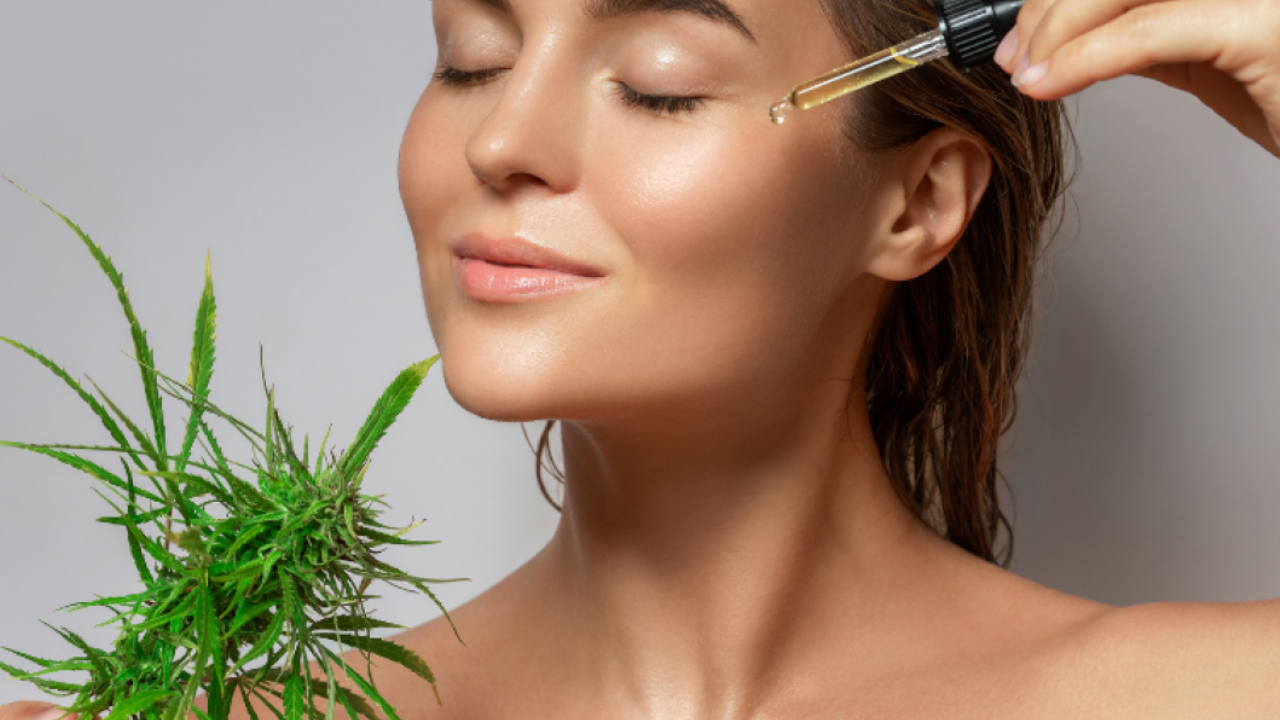Cannabis and Sleep: How It Can Help Insomnia and Promote Restful Nights
In a world where stress, screen time, and overstimulation are causing widespread sleep disturbances, insomnia has become one of the most common health complaints. Millions struggle to fall asleep or stay asleep, leading to fatigue, irritability, and reduced quality of life. While pharmaceutical sleep aids are widely prescribed, they often come with side effects and the risk of dependency. Increasingly, individuals are turning to a natural alternative: cannabis.
For centuries, cannabis has been used in traditional medicine to promote relaxation and sleep. Modern science is now catching up, uncovering how specific cannabinoids and terpenes interact with the body’s natural systems to help regulate the sleep-wake cycle, ease anxiety, and support deeper, more restorative rest.
Understanding the Sleep Problem
Sleep disorders affect up to 70 million Americans, with insomnia being the most prevalent. It can be caused by stress, chronic pain, anxiety, PTSD, hormonal imbalance, or neurological conditions. Many sufferers find that standard treatments—like over-the-counter sleep aids or prescription sedatives—either lose effectiveness over time or cause undesirable side effects like grogginess, dependency, or brain fog.
This has led to a growing interest in natural and plant-based solutions that address sleep disturbances at their root without harmful long-term effects. Cannabis is one such solution gaining widespread popularity for its multifaceted approach to sleep improvement.
How Cannabis Affects Sleep
The primary way cannabis influences sleep is through the endocannabinoid system (ECS)—a regulatory network in the body that helps maintain balance in various physiological functions, including mood, pain, inflammation, and circadian rhythm. The ECS is composed of receptors (CB1 and CB2) found throughout the brain and body.
Cannabinoids found in cannabis, particularly THC (tetrahydrocannabinol) and CBD (cannabidiol), bind to or modulate these receptors, influencing how the body responds to stress and promoting a state of calm conducive to sleep.
1. THC: The Sedative Cannabinoid
THC is the psychoactive component of cannabis. In small to moderate doses, it can:
- Help you fall asleep faster
- Increase total sleep time
- Reduce REM sleep, which may benefit those with PTSD or frequent nightmares
Many users report that THC-rich strains help them “switch off” mentally, reducing racing thoughts and anxiety that keep them awake. However, long-term or high-dose THC use may suppress REM sleep too much or cause grogginess in the morning, so balance is key.
2. CBD: The Anxiety-Relieving Cannabinoid
CBD is non-intoxicating and well-known for its anti-anxiety, anti-inflammatory, and pain-relieving properties. It does not directly make you sleepy, but it addresses underlying issues that interfere with sleep, such as:
- Anxiety or overthinking
- Chronic pain
- Inflammation
- Restless thoughts or PTSD
CBD can be used on its own or alongside THC to create a balanced effect, helping users relax without the high. Many people use CBD during the day to manage stress and in the evening to promote calm before bedtime.
Terpenes: The Sleep-Enhancing Aromatics
Terpenes are aromatic compounds found in cannabis that also play a significant role in sleep regulation. Key sleep-promoting terpenes include:
- Myrcene: A sedative terpene known for its calming effects.
- Linalool: Found in lavender, it promotes relaxation and reduces anxiety.
- Terpinolene: May reduce oxidative stress and promote calm.
- Caryophyllene: Offers anti-anxiety and pain-relieving properties.
Strains rich in these terpenes are often labeled as “indica” or “nighttime” strains, and they work synergistically with cannabinoids to enhance their sleep-promoting effects—a phenomenon known as the entourage effect.
Methods of Use
Cannabis for sleep can be consumed in various forms, depending on how fast or long-lasting the effects are desired:
- Smoking or vaping: Fast onset (within minutes), ideal for falling asleep quickly.
- Edibles: Slower onset (30-90 minutes), but effects can last 6–8 hours, ideal for staying asleep through the night.
- Tinctures: Sublingual application offers a middle ground—faster than edibles but longer-lasting than inhalation.
- Capsules and oils: Convenient and good for consistent dosing, especially for chronic insomnia.
Microdosing or combining CBD with a small amount of THC often provides effective results without strong psychoactive effects or next-day grogginess.
Scientific Support and Real-World Use
Emerging research supports the use of cannabis for sleep:
- A 2019 study published in The Permanente Journal found that CBD improved sleep scores in 66% of patients within the first month.
- A 2017 review in Current Psychiatry Reports concluded that cannabis may have therapeutic potential for insomnia and other sleep disorders, particularly related to pain and anxiety.
While more clinical research is needed, anecdotal evidence and early studies strongly support what many users already know: cannabis can be an effective, natural remedy for sleepless nights.
Cannabis offers a personalized and plant-based approach to better sleep, with options to suit different needs, from mild stress relief to chronic insomnia. With careful selection of cannabinoids, terpenes, and delivery methods, users can experience better sleep with fewer side effects than traditional sleep aids.
As with any remedy, it’s important to start low and go slow, consult with a medical professional—especially if you are on other medications—and purchase from reputable, lab-tested sources. For those seeking to escape the cycle of sleepless nights and groggy mornings, cannabis may offer the restful solution they’ve been dreaming of.
Sid Prince
Photo credit: https://www.linkedin.com/pulse/cannabis-insomnia-cure-earnest-evbaruovbo/


